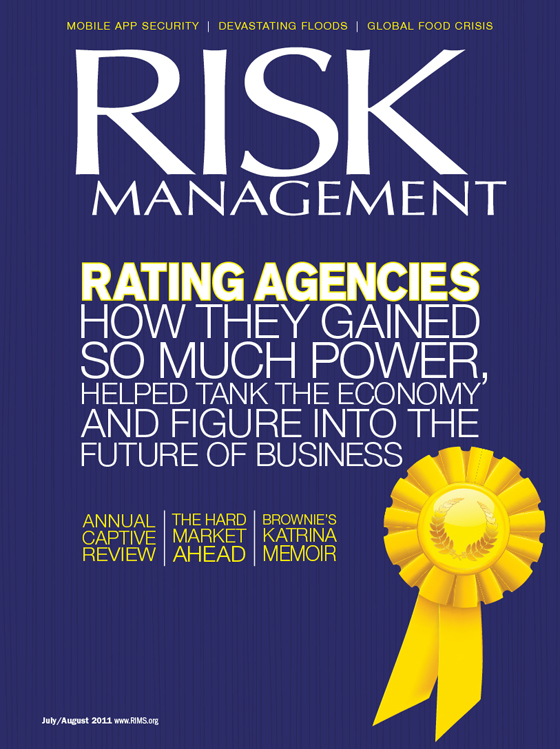Stocks have been clobbered worldwide over the past week. Yesterday, the Dow fell 4.3% in trading on its worst day since 2008, erasing all the gains it had struggled to make so far in 2011. Worse still, Bloomberg has reported that “more than $4.5 trillion has been erased from the value of equities worldwide since July 26.”
UK trading on Friday just closed with the FTSE 100 plummeting another 2.7%, dampening hopes that U.S. markets might rally before the weekend following some relatively positive news on unemployment. (Only 9.1% of people actively looking for jobs now can’t find employment can’t find any instead of 9.2%. YAY.)
All these numbers are brutal. You know things are bad when you go to the homepage of the Wall Street Journal and see it littered with words and phrases like “global rout,” “turmoil,” “volatile,” “heavy losses,” “weakens,” “stalls,” “Be Prepared for More Losses” and, my personal favorite, “An Absolute Bloodbath.”
Many are claiming this is just a market correction.
Stocks were artificially high and the combination of the ongoing debt crisis (something perhaps poised to worsen in September) and whatever it was that just happened in Washington over the past month spooked investors enough to force the markets back down to where they should be.
At this point, I think that’s what everyone is hoping for. If this is just a one-week bath for the markets and normalcy returns, no one will be thrilled, but it will be just a singular beating.
“Curious Capitalist” Michael Schuman worries things might be much scarier, however.
Why are markets tanking? In my opinion, the only thing surprising about the selloff is that some people seem to be surprised by it. The ascent of stock prices earlier this year, especially in the U.S., was detached from the reality of the world economy. Investors seemed to be simply ignoring the constant drumbeat of bad news. Growth in the U.S. has been weaker than expected, unemployment remains stubbornly high and the housing crisis is far from over. The euro zone debt debacle is intensifying, with giants Italy and Spain increasingly under pressure. Inflation has forced emerging markets like China and India to slow down their overheating economies. Oil and food prices, while no longer rising rapidly, are still at elevated levels, eating into consumption spending around the world. The optimism at the beginning of the year about the strength of the recovery was way overblown. We are still suffering from the fallout from the Great Recession. Investors were in denial about the obvious risks. Not anymore. Stock markets are supposed to be forward indicators; today investors are just playing catch up.
Schuman goes on, explaining what he sees as the impetus for the next major global economic meltdown: debt in the European Union.
as the euro zone debt crisis grows in size, we should be asking if European sovereign debt is the ticking time bomb. Greece may not be Lehman but crises in Greece, Portugal, Ireland, Spain and Italy could add up to something just as scary as the 2008 Wall Street meltdown, with sovereign bonds playing the lethal role of subprime securities.
Uncertainty is the enemy of risk management.
And we have spent the past decade learning the harsh lesson that it is only increasing. The relative calm of the industrial era is gone and chaos is the new normal. Markets, technology, natural disasters and regional disruptions, among others things, all seem increasingly unpredictable insofar as how they affect the global business world.
Who knows if what Scuman is suggesting could happen actually will? Analysts have been both under- and over-estimating the euro zone debt crisis all year.
But at this point, even if that isn’t what throws the next major wrench into your operating plans, something else likely will.
Risk managers who want to actually help their organizations navigate the ever-present minefield of uncertainty need to realize that there is always going to be something entirely unexpected around the corner. Continue to plan for the foreseeable, but also realize that an increasingly important aspect of your profession is reacting to things that you never saw coming.



